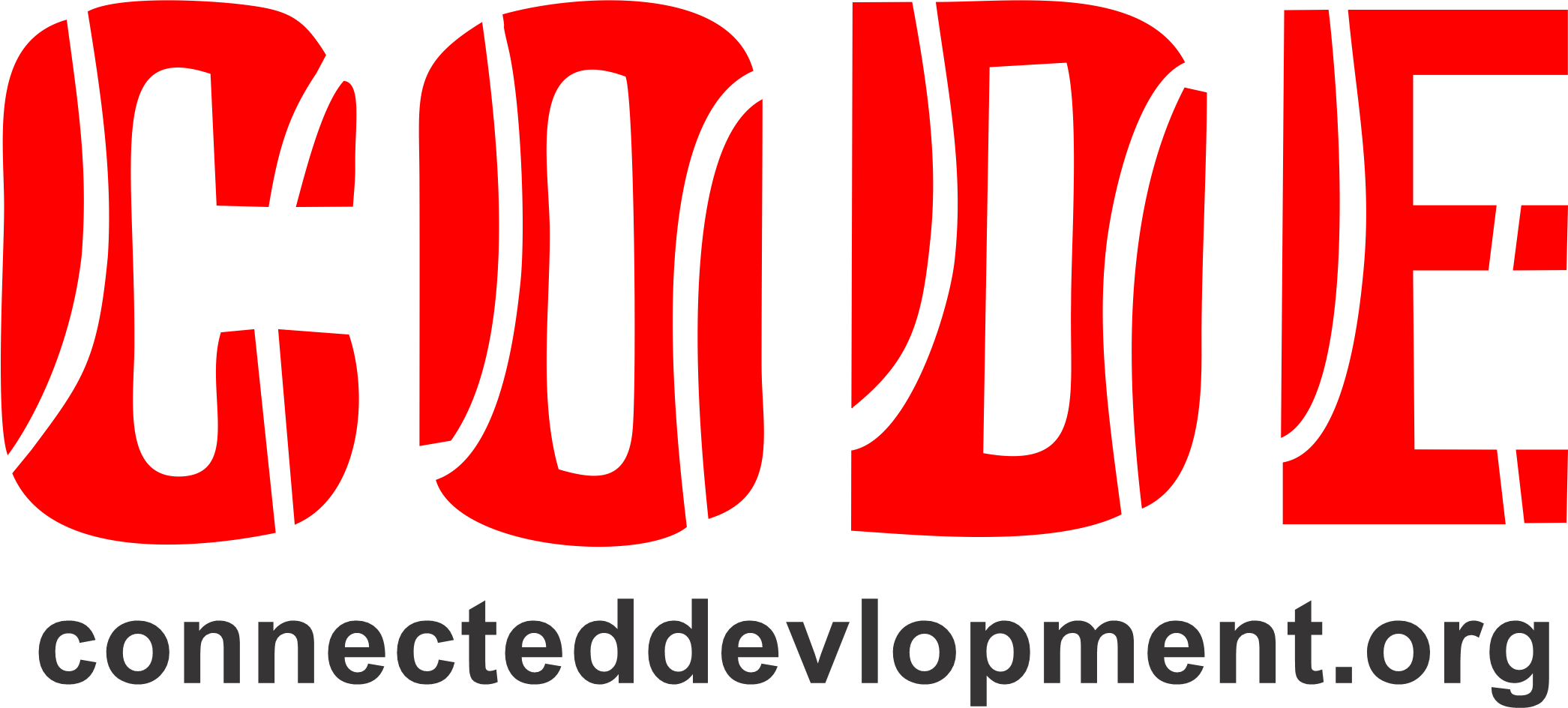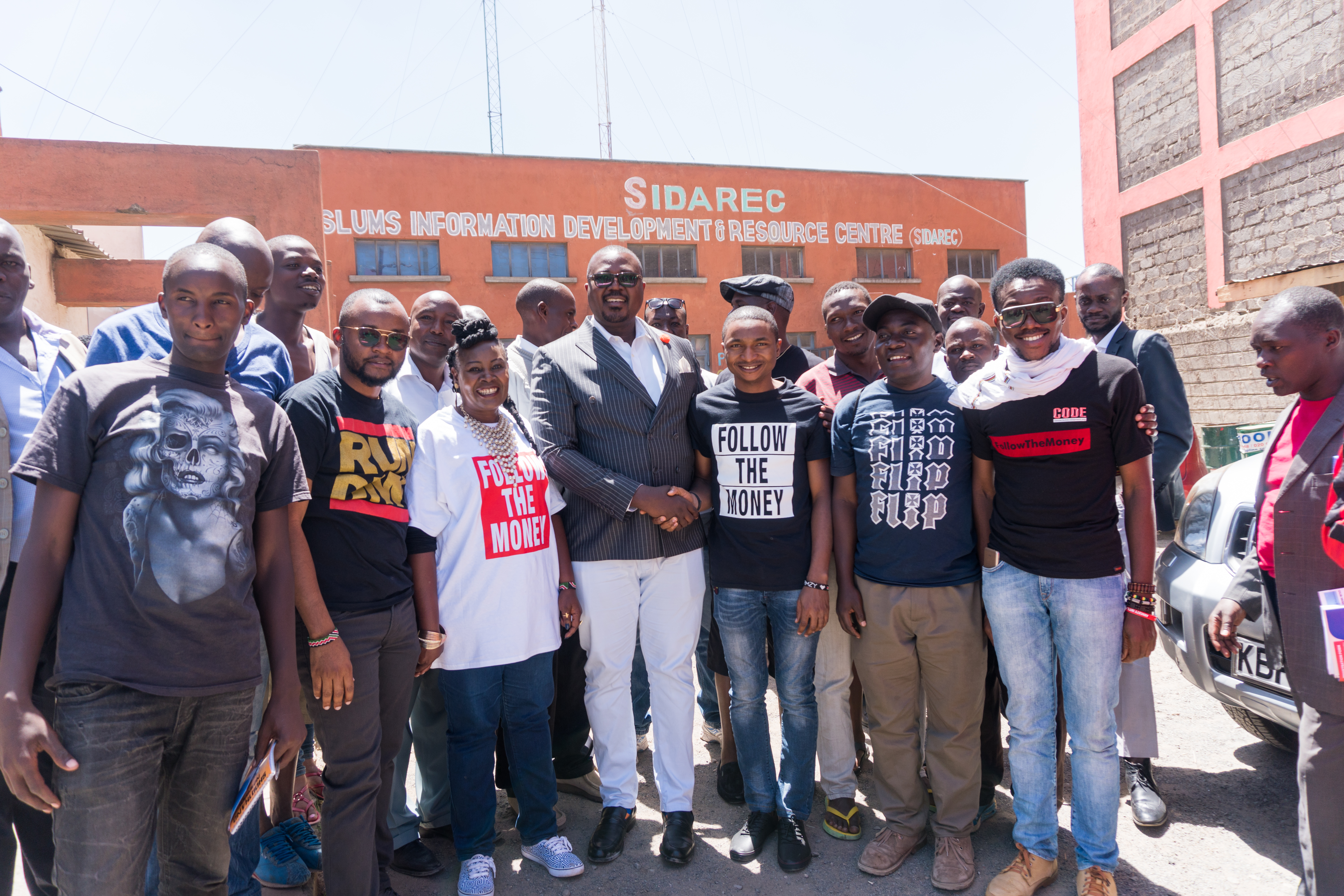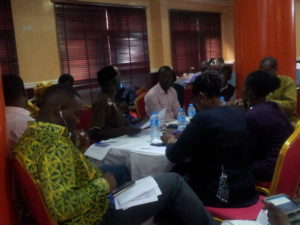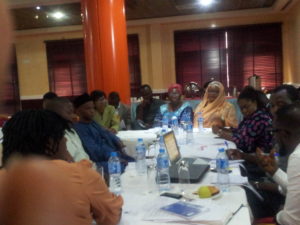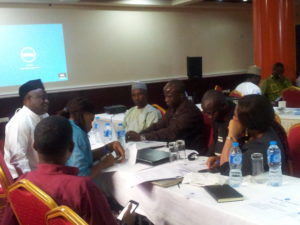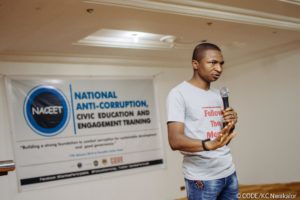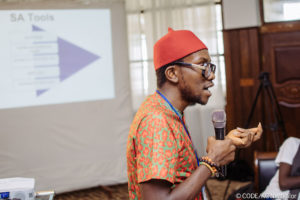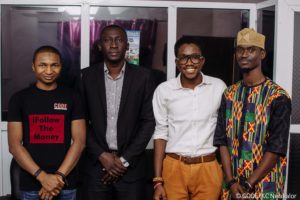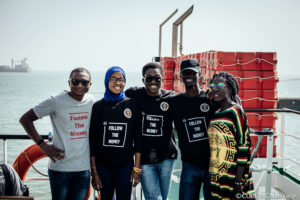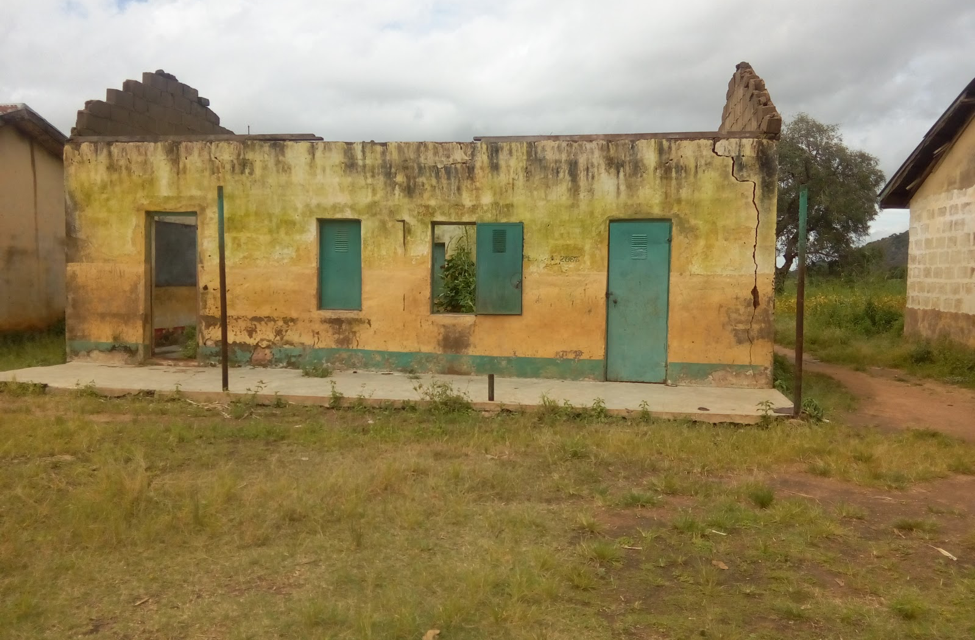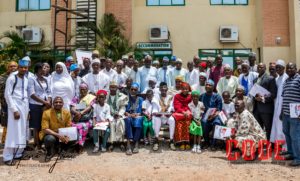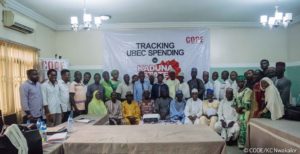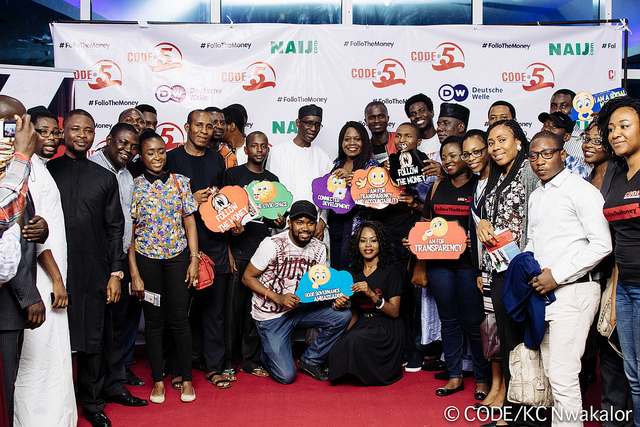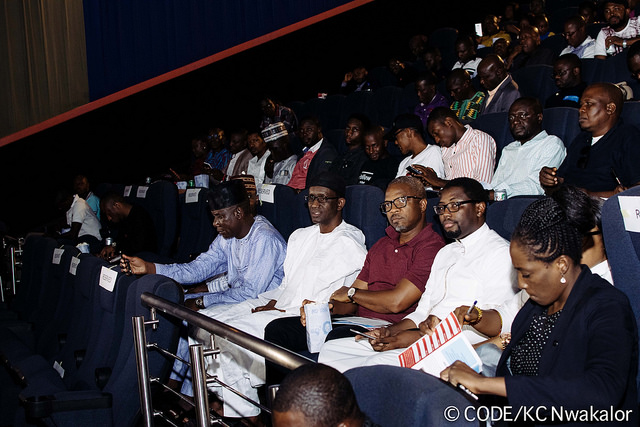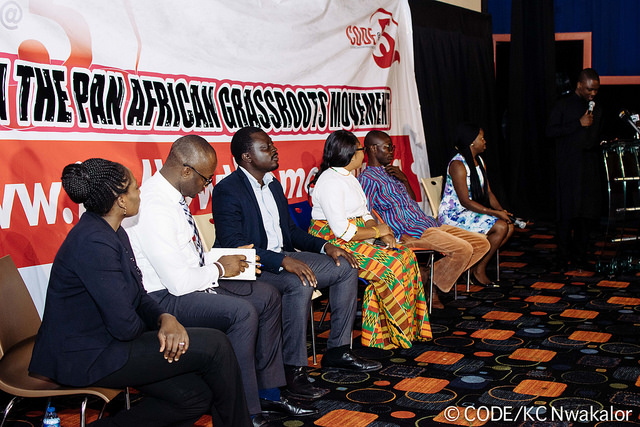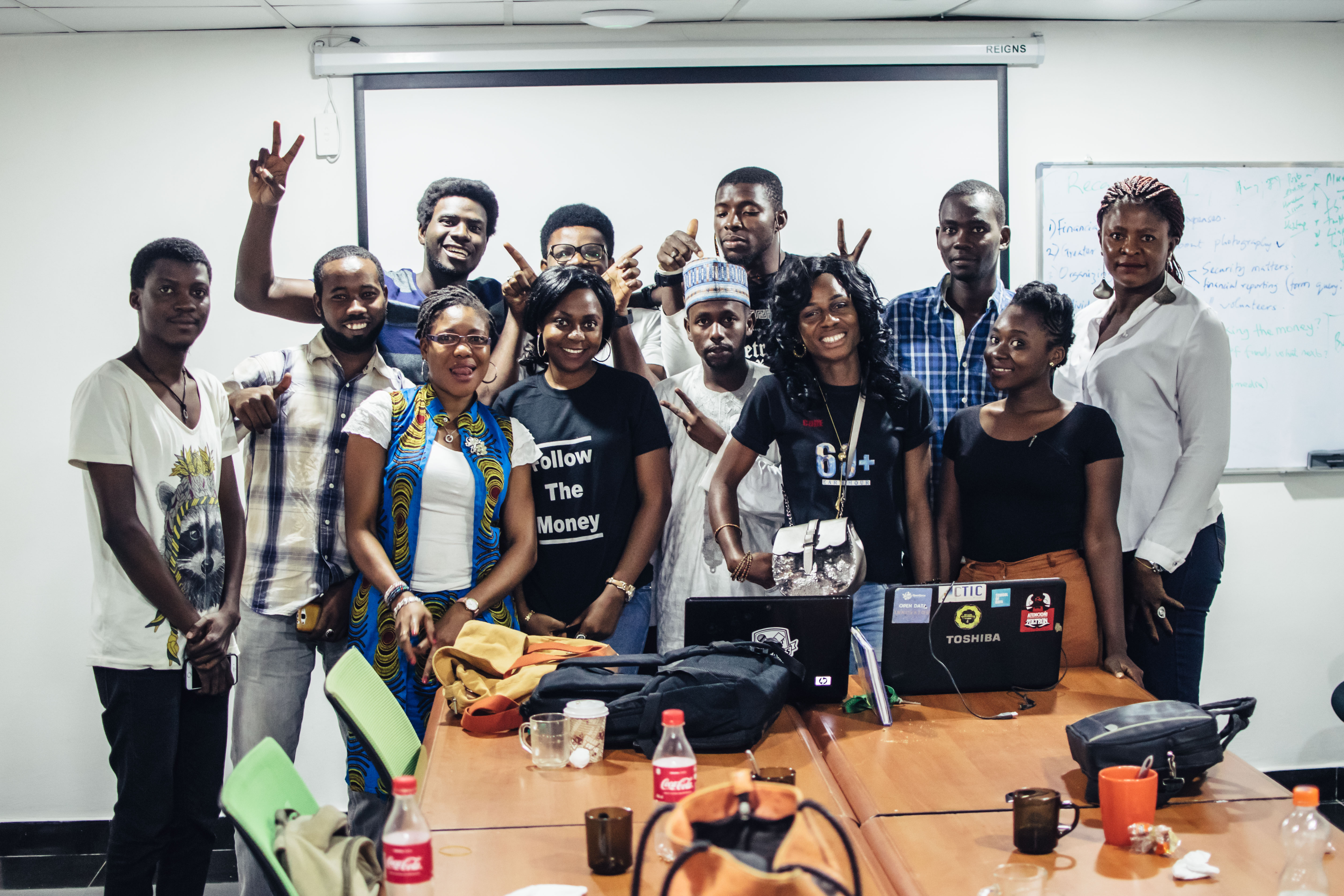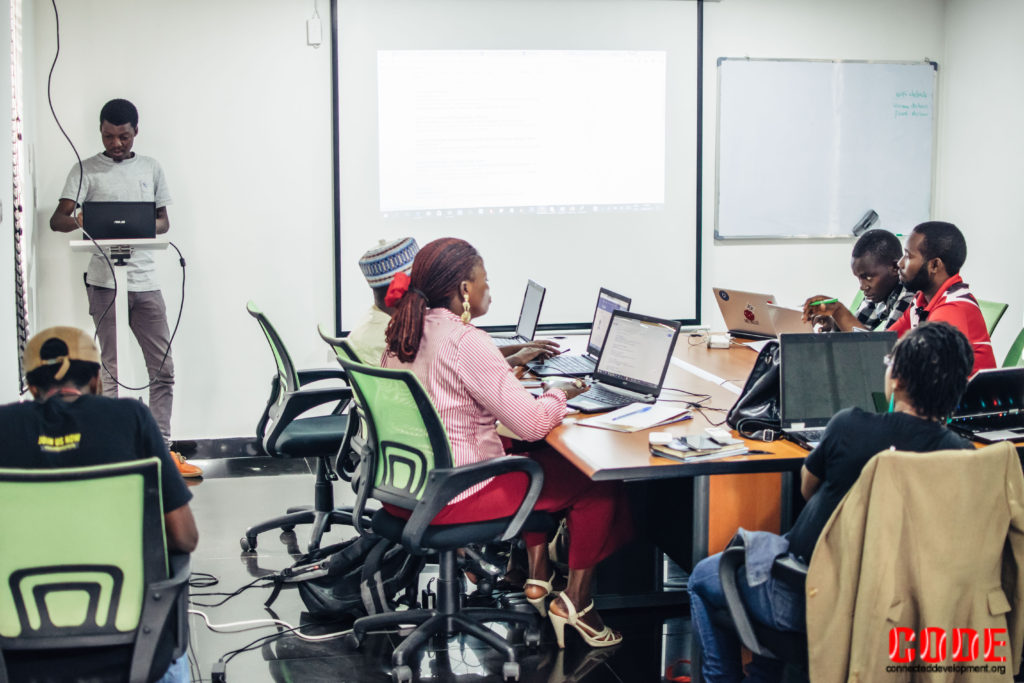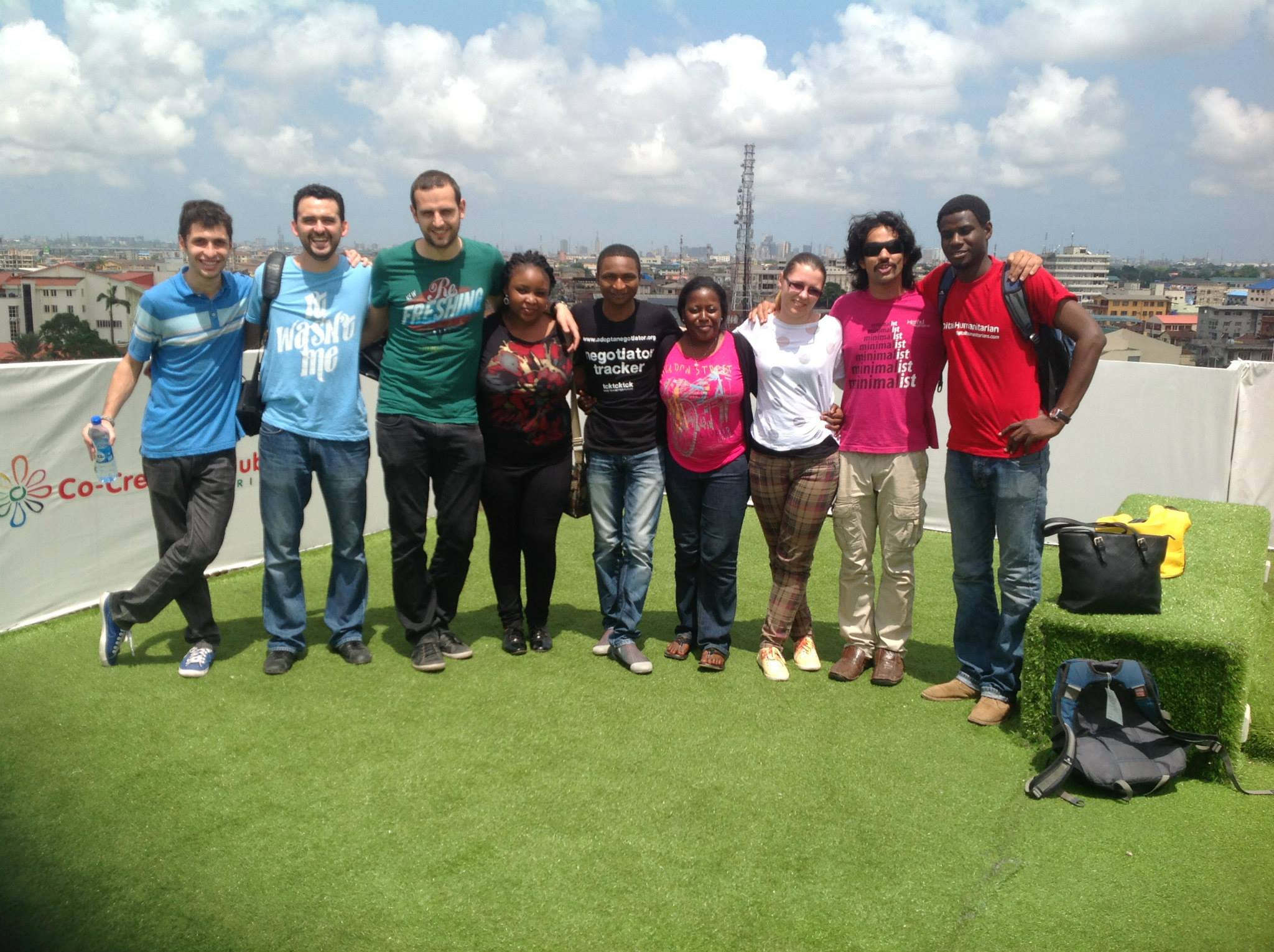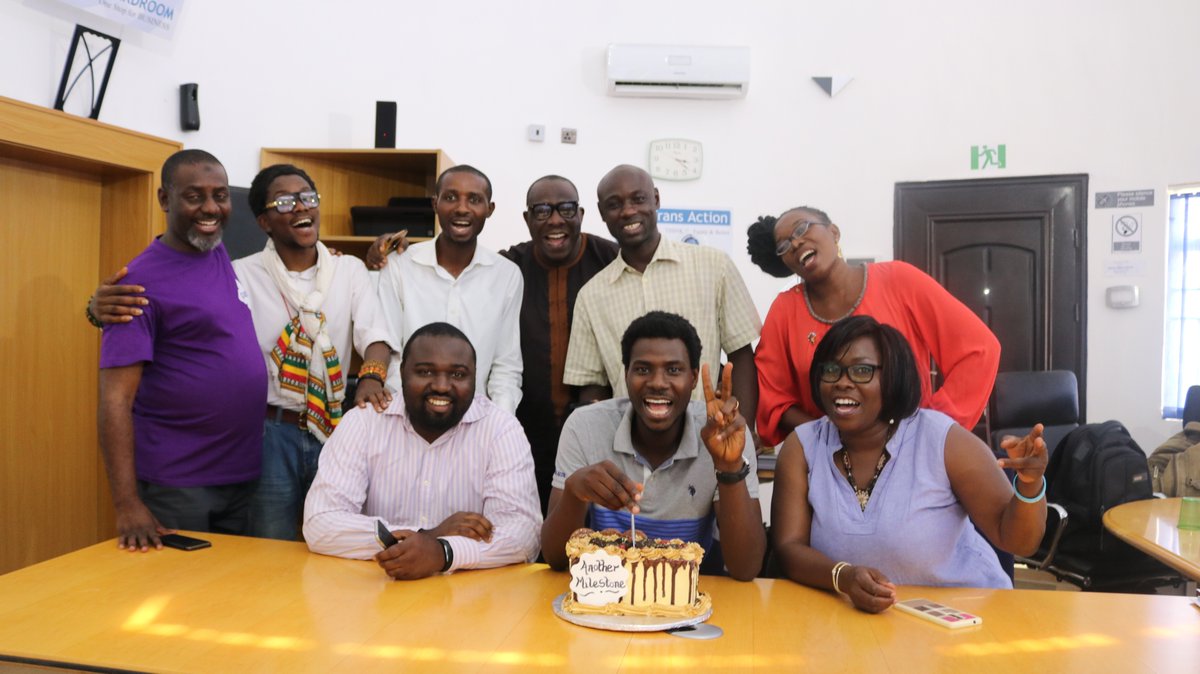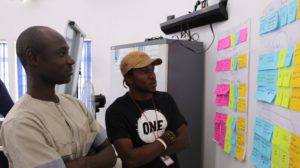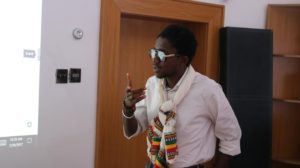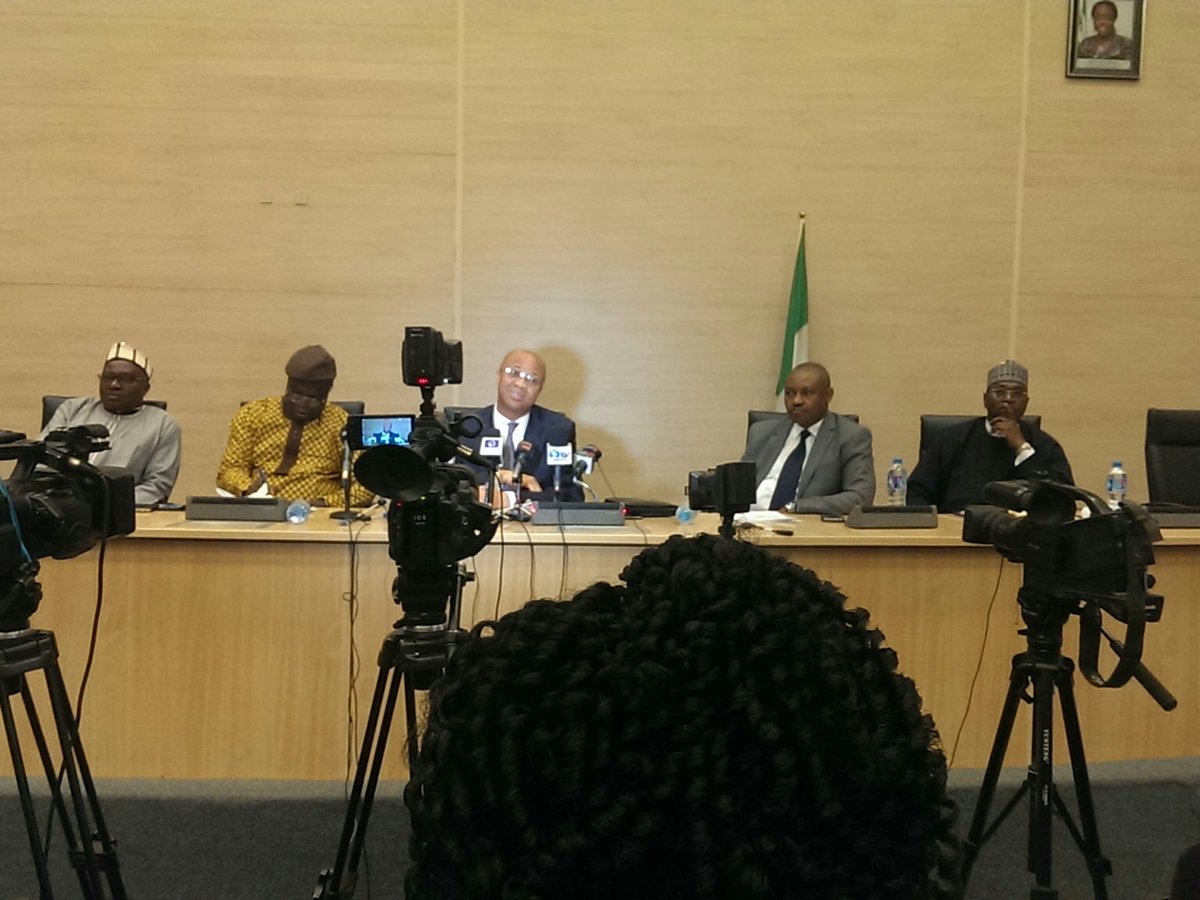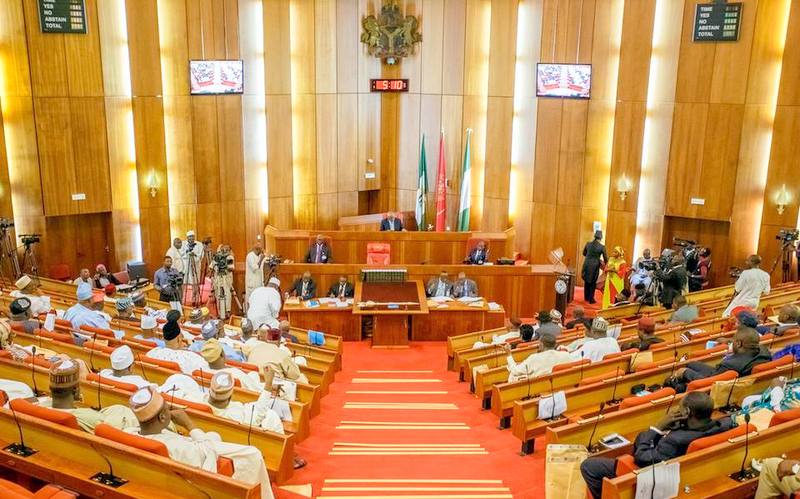The Follow The Money Movement Is Now Live In East Africa!
It’s been an interesting year already for the Follow The Money (FTM) Movement. In January, we officially launched in The New Gambia. In the following month, we were in Kenya to do the same. All with the goal of spreading the adaptation of the FTM model across the continent so that citizens can hold their governments to account and facilitate development in their communities.
After weeks of planning and strategizing, the team were in Nairobi, Kenya on 10 February 2018 for Follow The Money Kenya Workshop and Launch, through a partnership with the Slums Information Development and Resource Centres (SIDAREC) – a youth/children development project operating in the slums of Nairobi. SIDAREC playing a host to Follow The Money Kenya won the ONE Africa Award in 2008, for her rigorous development driven activities in Kenyan slums, just like we won the same award 8 years later.
The workshop which started by 11 am on the aforementioned date was attended by over 100 participants. In participation included the Chief Executive of Connected Development, Hamzat B Lawal; Executive Director of SIDAREC, Lucy Mukami; Member of Imara Daima County Assembly, Hon. Ken Obuya; and a cross section of other stakeholders in community development and open government work. It was held at SIDAREC office at Imara Daima and was geared toward building the capacity of the participants on the FTM processes, for domestication in Kenya. The sessions in the workshop ranged from taking them through Follow The Money workflow; data mining to activate campaigns; how to leverage on information sharing partnerships to access and amplify information; the procedure for organizing community outreach and town hall meetings; as well as a discussion on the political economy of open government in Kenya and operationalization of Article 35 (Access to Information provision in the Kenyan 2010 Constitution).
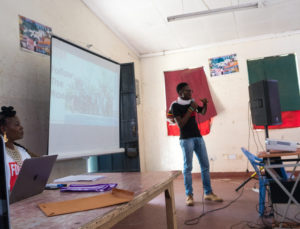
While making a presentation at the workshop
Other side attractions during our visit to Kenya included a community outreach to Mukuru kwa Njenga Slum and a radio programme on citizen engagement, active citizenry and social accountability on 99.9 Ghetto FM – a community mobilization signature of SIDAREC.
The most important aspect of the launch/workshop was that it was held in a community/slum away from being held in an extravagant hotel in Nairobi, a traditional fashion exhibited by some organizations, in a way to unintentionally mainstream the development buzz malcontents. Doing this in a community we believe will strengthen local ownership of the initiative. In addition, a Member of County Assembly was in participation committing to facilitating government spending data availability as concerns the Ward Development Fund, County Development Fund etc.
At the end of the workshop, Follow The Money Kenya was officially commissioned. Its hoped that all things being equal, the Kenya Chapter will leverage on several social accountability tools already existing in the country such as access to information provision in the constitution to hit the ground running, identifying potential funds intended for communities and deploying the FTM strategies to make sure open government and service delivery work in Kenyan communities.
Kenya’s multi-party democracy realization journey was a back-breaking one and it’s believed Follow The Money Kenya will ensure the achievement of democracy dividends; hold elected public officials to account; and be a tool for checks and balances, for effective democratic accountability in the East African country.
Chambers Umezulike is a Senior Programme Manager at Connected Development and a Development Governance Expert. He spends most of his time writing and choreographing researches on good and economic governance. He tweets via @Prof_Umezulike
